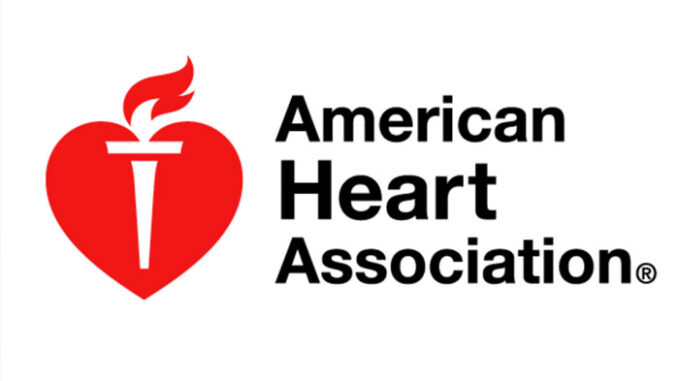
Dr. Jennifer Lincoln puts it nicely, “somebody’s skin color is not a risk factor for a disease or an outcome because there’s nothing about somebody’s skin or their organs underneath that puts them at risk. What does put them at risk is the world in which they live and the racism that they experience.”
Black women have many inequalities working against them, and these injustices pile on top of each other. The weight of it all can be felt by black pregnant women. Black women are 2-3 times more likely to die from pregnancy- related complications than white women. It can happen when a provider dismisses real pain and writes it off by saying black women have thicker skin and a high pain tolerance. Subtle racism in the medical system can be deadly.
But Black women should not be discouraged from being pregnant. There are steps to take to decrease the risks and to have a healthy pregnancy. Culturally, Black women can engage in more dialogue about illnesses in their family history. A person’s family history is extremely important to their medical health. By putting together, a solid personal and family history and being informed about pregnancy health, black women can have successful pregnancies.
Pre-pregnancy health can be just as crucial as good health during pregnancy, which includes managing weight, cutting back on alcohol, and not smoking. Weight should be managed by eating plenty of fruits, vegetables and fiber and regular exercise, “even if that’s just walking 20 minutes a day,” Dr. Maria Sophocles said. “The human body can adapt seamlessly to pregnancy, but if you are out of shape or a smoker, you will struggle more with pregnancy-related changes to your cardiovascular health.”
Up to a year postpartum, women should stay vigilant of post birth complications like hemorrhage, blood clots, and hypertension. Black women can advocate for themselves more by asking for a different nurse or doctor if they don’t feel heard and see you as a person. Asking for help is not a weakness and it could save your life.
Recommended For You.



Be the first to comment